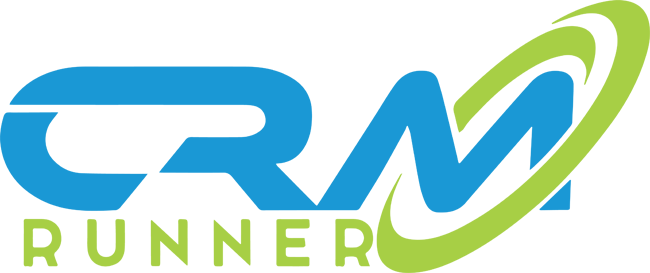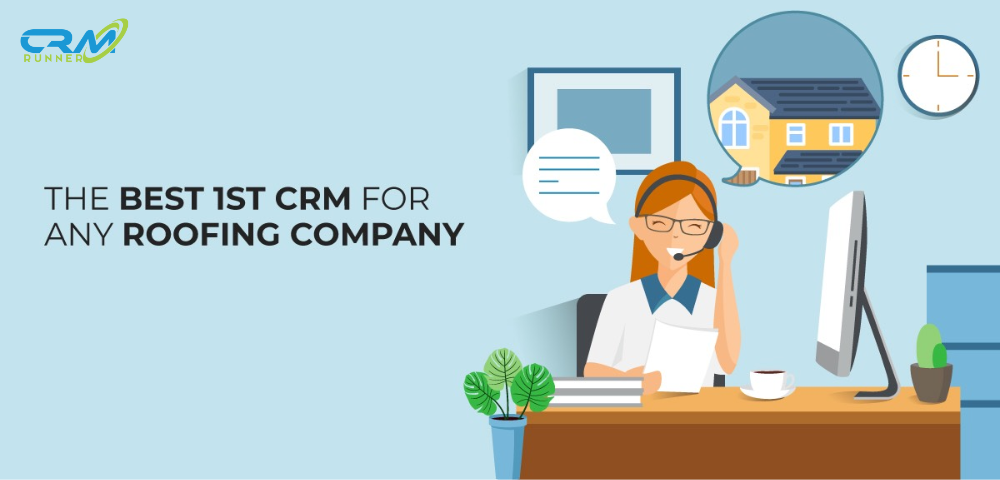Technology is now playing a critical role in enhancing customer service. IVRs are still the workhorse in the call center, with clear and proven value propositions such as cost reduction through automation, reducing hold time, minimizing abandoned calls, confirming proper agent transfer based on customer input selection, and playing a vital role in increasing contact center productivity.
However, we frequently see businesses disregard the potential of this medium, leaving customers at the mercy of a poorly designed flow, driving them to extremes of frustration.
The question is, how can we make our IVRs more natural, more “personalized,” so that businesses can build more efficient customer journeys that allow customers to solve their problems faster or independently?
A fully engaged CRM software with an IVR feature that can be used to provide clients with more personalized and engaging services. The available user data, which is collected and stored in the CRM, will be used by the IVR solution. The system will play more personalized IVR prompts based on the available data in the CRM. As a result, the user journey will be more engaging and personalized. As a result, the IVR solution integrated with the CRM can provide better services by providing customers with more personalized responses.
Any company can use this type of CRM platform with IVR integration. However, the E-Commerce, customer support center, and call center can all influence the maximum benefit of CRM Runner. It will also increase upselling and cross-selling. Similarly, it will convert leads in the IVR, lowering the IVR to agent transfer ratio.
Give your small business a big appearance and feel
You can use call routing to direct your customers to the appropriate department. IVR increases customer trust in your service.
- Set up IVR for each phone line.
- There are multiple IVRs available per line.
- Voice recording and voice file upload are both options.
- Text to voice is an option; you type, and our phone system speaks.
To understand more about leveraging voice and text automation with your CRM system, contact us today. Please contact us at 877.590.0040 to speak with one of our representatives.


 Français
Français Русский
Русский العربية
العربية Hebrew
Hebrew Deutsch
Deutsch Português
Português Turkish
Turkish Persian
Persian Italiano
Italiano Español
Español












